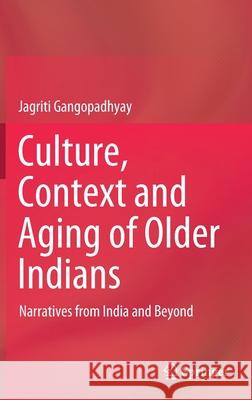Culture, Context and Aging of Older Indians: Narratives from India and Beyond » książka
topmenu
Culture, Context and Aging of Older Indians: Narratives from India and Beyond
ISBN-13: 9789811627897 / Angielski / Twarda / 2021 / 132 str.
Culture, Context and Aging of Older Indians: Narratives from India and Beyond
ISBN-13: 9789811627897 / Angielski / Twarda / 2021 / 132 str.
cena 484,18 zł
(netto: 461,12 VAT: 5%)
Najniższa cena z 30 dni: 462,63 zł
(netto: 461,12 VAT: 5%)
Najniższa cena z 30 dni: 462,63 zł
Termin realizacji zamówienia:
ok. 22 dni roboczych
Bez gwarancji dostawy przed świętami
ok. 22 dni roboczych
Bez gwarancji dostawy przed świętami
Darmowa dostawa!
Kategorie:
Kategorie BISAC:
Wydawca:
Springer
Język:
Angielski
ISBN-13:
9789811627897
Rok wydania:
2021
Wydanie:
2021
Ilość stron:
132
Waga:
0.38 kg
Wymiary:
23.39 x 15.6 x 0.97
Oprawa:
Twarda
Wolumenów:
01
Dodatkowe informacje:
Wydanie ilustrowane











